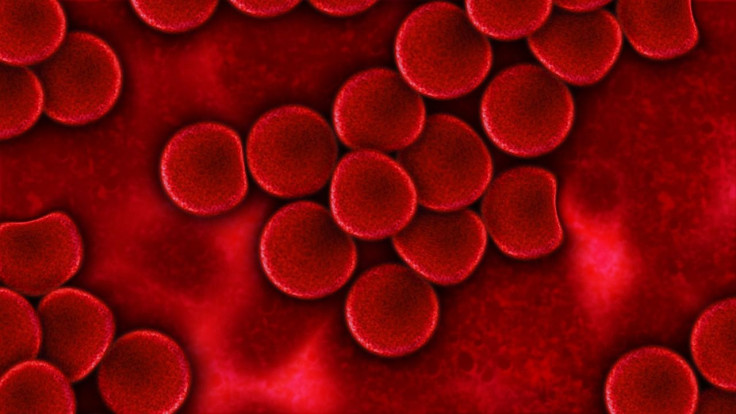Does The Blood Type Diet Work? Wellness Expert Has The Answer
Unless you haven’t been keeping up with the dieting trends, you have probably heard of the blood type diet — an eating program suggesting people only consume foods beneficial to their bodies based on their blood type.
The diet is slowly becoming prominent again due to social media after being shelved for so long since naturopathic physician Peter J. D’Adamo came up with it and even wrote a book about it in 1996.
According to the Ohio State University Wexner Medical Center, D’Adamo’s inspiration for the eating program was the foods our ancestors consumed based on their blood type. He claimed that each blood type has specific foods to eat and avoid for people to lose weight, improve their digestive health and just be healthy overall.
If you are still not aware of the blood type diet, below is a brief explanation of the foods to eat and avoid for each blood type:
Type A — This is the agrarian or cultivator group. People who have this blood type are encouraged to eat a diet rich in plants and avoid red meat.
Type B — The nomad group recommends people with this blood type eat plants and most meat types save for chicken and pork. They are discouraged from eating wheat, corn, lentils and tomatoes. And they should also regulate dairy consumption.
Type AB — This group called enigma is a combination of types A and B. Hence, they can eat whatever they are allowed to but should avoid kidney beans, beef, corn and chicken. They are also urged to include seafood, grains, tofu, dairy and beans in their meals.
Type O - The hunter group requires a high-protein diet that should include meat, fish and poultry. People in this category are also advised to eat fruits and vegetables but should limit grains, dairy and legumes.
For more details on the diet, check out Freedieting’s explanation of D’Adamo’s program.
There have been a lot of discussions about the blood type diet in the past. And the conversation about the controversial program resurfaced this week when preventative health and wellness specialist Dr. Zac Turner set the record straight about the diet via the Ask Doctor Zac column for news.com.au.
“I’d just like to point out to everyone that following any of these dietary patterns would likely see an improvement in most people regardless of their blood type,” Turner said of the blood type diet in his piece.
For the medical practitioner who studied biochemistry before medicine, the use of the words genetics and blood type as the foundations of weight loss and diet advice is “very misleading.”
“We are complex organisms for which we are discovering new things daily. At this stage, probably [10%] of the risk linked to obesity and type 2 diabetes can be explained by genes directly and the rest will be how the environment influences our cells,” he explained.
Turner concluded, “I do not recommend following the theory that all things weight and obesity are linked to genetics. We often get confused and muddled from alternative theories and fad diets when really healthy weight loss is so simple. It can be simple as basic health living — sleeping well, eating well and exercising well.”

Published by Medicaldaily.com



























